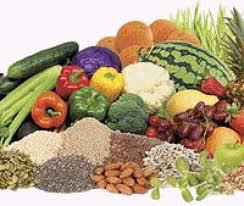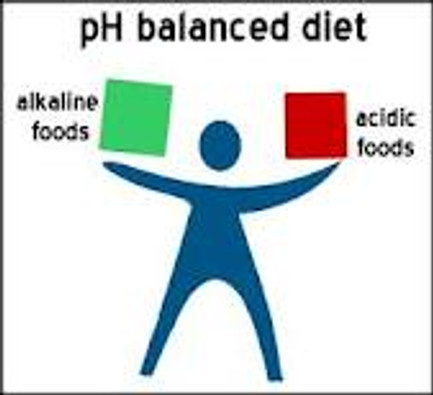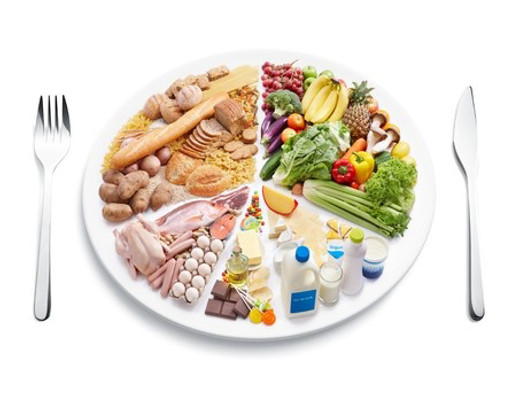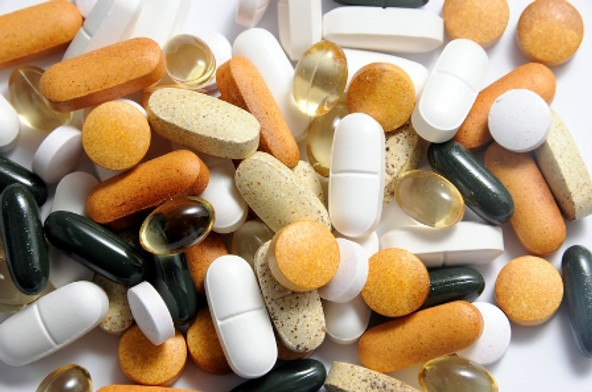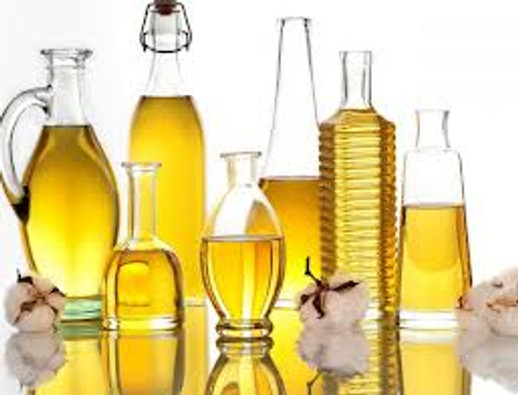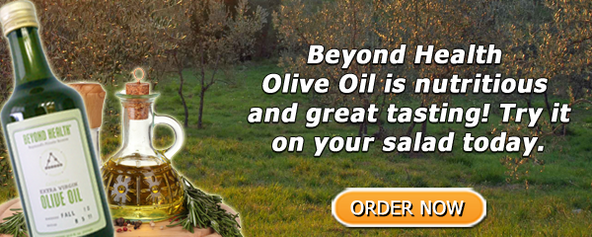Nov 3rd 2025
Back to Basics
REPRINTED FROM BEYOND HEALTH® Newsby Raymond FrancisMalnutrition is our leading cause of disease. Yet, when our poor nutrition causes health problems, we almost always blame our illnesses on germs, aging, or faulty genes rather than on poor nutrition. According to the Worldwatch Institute in Washington, D.C., Americans are among the 1.2 billion people who are starving to death because they eat too much of the wrong kinds of food. We are overfed and undernourished; study after study has concluded that almost all Americans are chronically short several nutrients. Meanwhile our excess calories are causing an epidemic of obesity. A diet of fresh vegetables, fruits, lean meat and fish will significantly reduce a person’s risk of disease. Recent studies indicate that nine daily servings of vegetables and fruits are recommended. Yet only a handful of Americans eats such a diet. Typical deficiencies include calcium, magnesium, zinc, chromium, essential fatty acids, and vitamins A, B6, C, E, an…
read more Fuel your life with the purest vitamins
Fuel your life with the purest vitamins
